Products
- Home
- Products
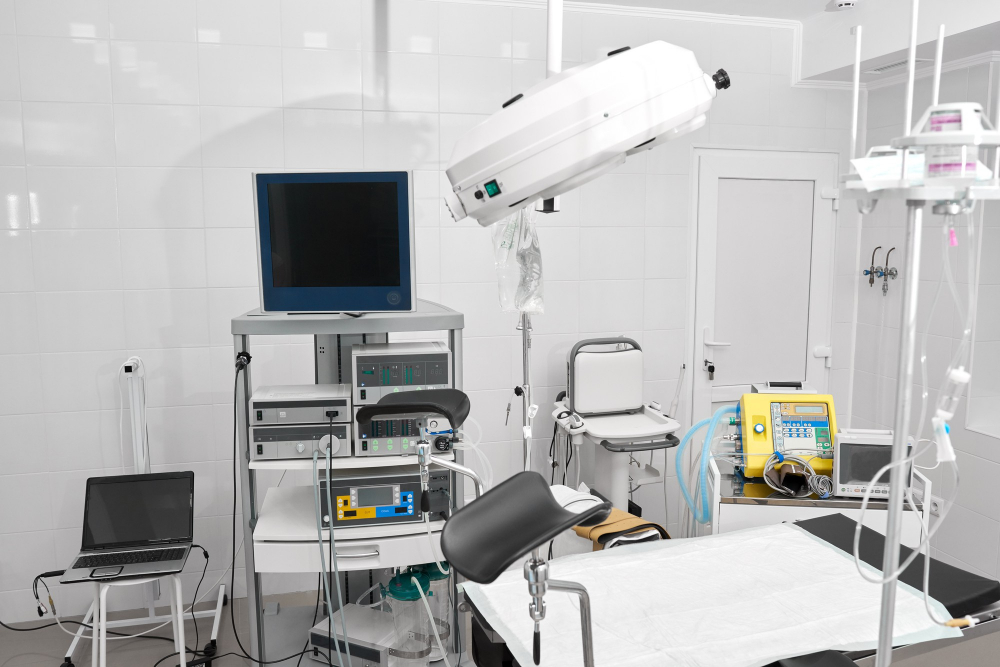
Medical
Medical equipment refers to the devices, instruments, machines, and tools used in healthcare settings for diagnosis, treatment, monitoring, and rehabilitation of patients. These equipment are essential for healthcare professionals to provide accurate and efficient care to patients. Medical equipment can be categorized into various types based on their function and application.
Choosing the right medical equipment depends on the specific healthcare setting, patient needs, medical procedures, and budget constraints. Proper maintenance, calibration, and regular inspection of medical equipment are crucial to ensure accuracy, reliability, and patient safety. Additionally, adherence to regulatory standards and guidelines is essential to maintain quality and compliance in healthcare settings.
Construction
Construction equipment refers to the machinery, tools, and vehicles used in the construction industry to execute various tasks. These equipment are essential for carrying out construction projects efficiently, safely, and within the stipulated time frame. Construction equipment can be classified into several categories based on their function and application.
Choosing the right construction equipment depends on the nature of the construction project, site conditions, budget, and specific requirements. Proper maintenance and regular inspection of construction equipment are crucial to ensure optimal performance, longevity, and safety on the job site.
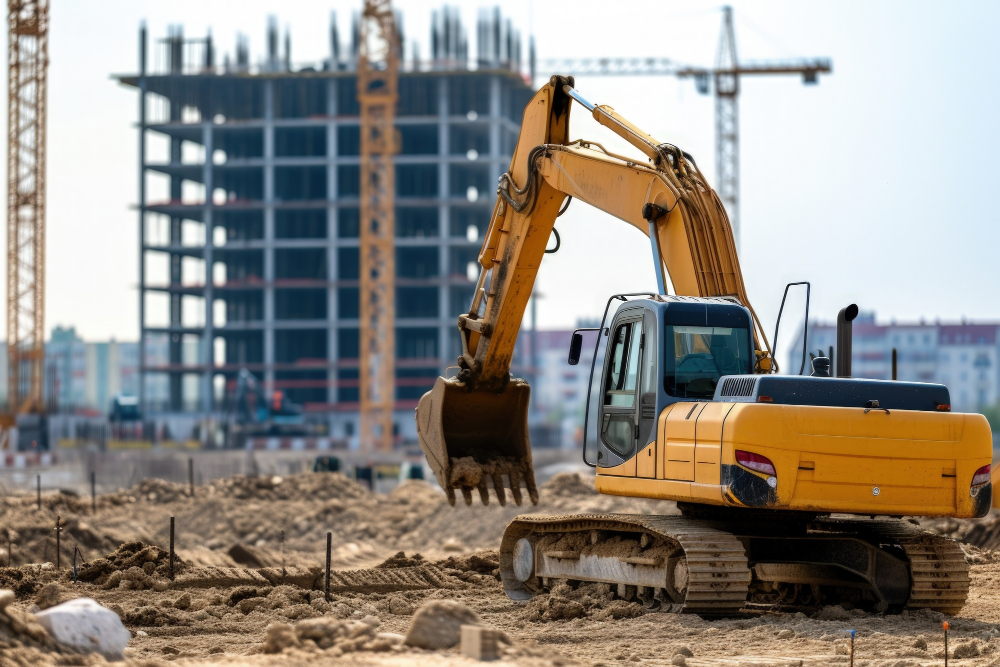

Office
Office equipment refers to the various tools, machines, and devices used in an office environment to facilitate daily operations, improve efficiency, and enhance productivity. These equipment are essential for carrying out administrative tasks, communication, documentation, and organization in an office setting. Office equipment can be categorized into different types based on their function and application.
Proper maintenance, organization, and regular upgrading of office equipment are crucial to ensure smooth operations, employee satisfaction, and productivity in the workplace. Additionally, adherence to safety and security standards is essential to create a safe and comfortable working environment for employees.
Barbershop
Barbershop equipment refers to the tools, instruments, furniture, and supplies used in a barbershop to provide grooming and styling services to customers. These equipment are essential for barbers and hairstylists to deliver high-quality haircuts, shaves, trims, and other grooming services. Barbershop equipment can be categorized into various types based on their function and application.
Proper maintenance, cleaning, and sterilization of barbershop equipment are crucial to ensure hygiene, safety, and customer satisfaction. Additionally, ongoing training and education for barbers and hairstylists are essential to stay updated with the latest trends, techniques, and best practices in the barbering industry.
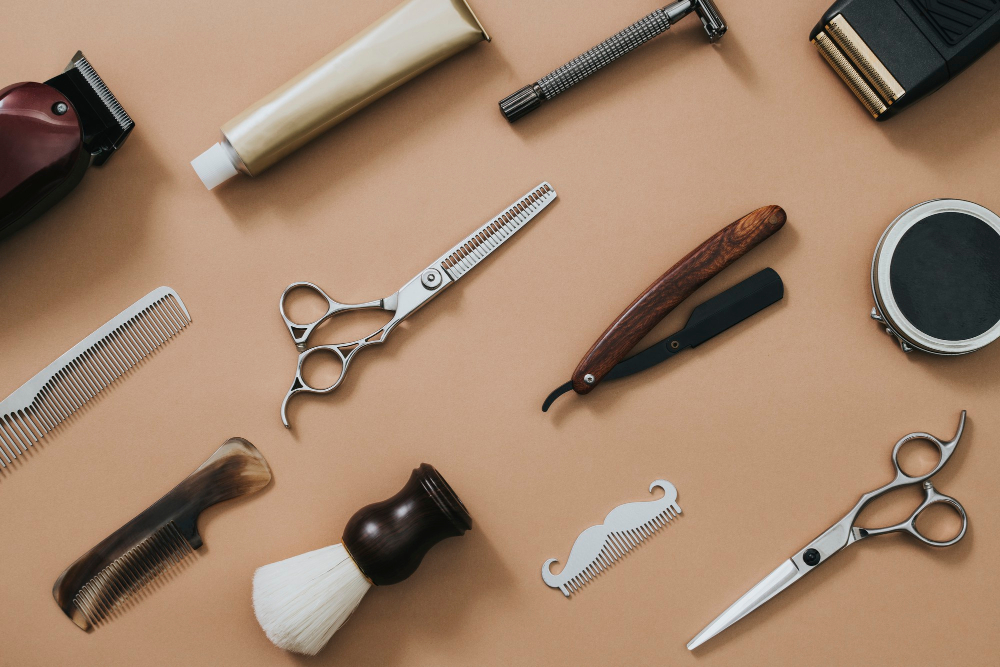
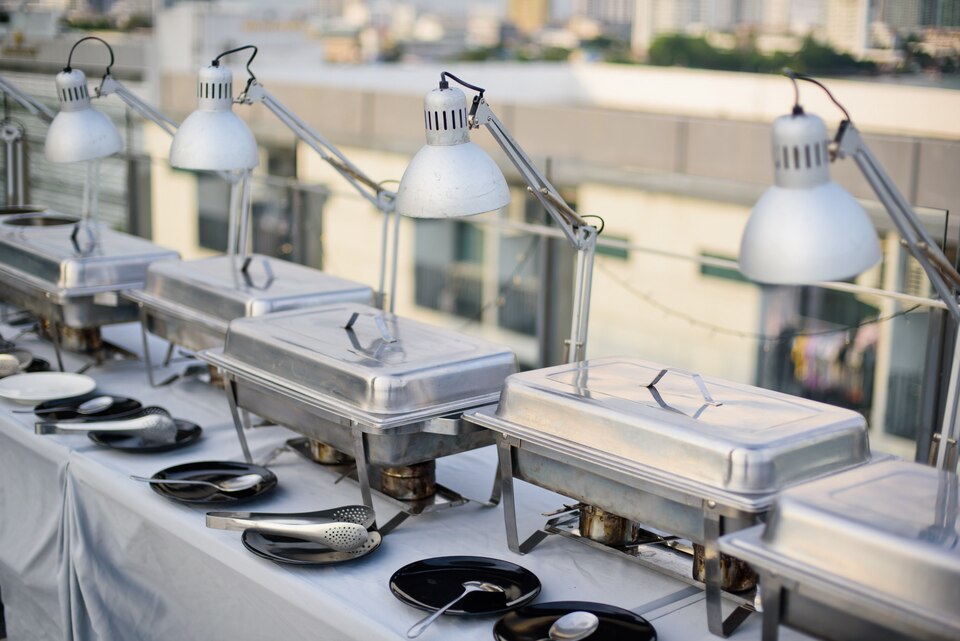
Restaurant
Restaurant equipment refers to the various appliances, tools, utensils, and machinery used in a restaurant to prepare, cook, serve, and store food and beverages. These equipment are essential for restaurant operators and chefs to maintain efficiency, quality, and consistency in food preparation and service. Restaurant equipment can be categorized into several types based on their function and application.
Proper maintenance, cleaning, and regular inspection of restaurant equipment are crucial to ensure hygiene, safety, and compliance with food safety regulations. Additionally, training and education for kitchen staff and restaurant employees are essential to maximize the efficiency and performance of restaurant equipment and ensure high-quality food and service for customers.
Janitorial
Janitorial equipment refers to the tools, machinery, and supplies used for cleaning, maintaining, and sanitizing various spaces such as offices, schools, hospitals, hotels, and commercial buildings. These equipment are essential for janitors, cleaning professionals, and facility managers to ensure cleanliness, hygiene, and a safe environment for occupants and visitors. Janitorial equipment can be categorized into various types based on their function and application.
Proper maintenance, cleaning, and regular inspection of janitorial equipment are crucial to ensure durability, performance, and safety. Additionally, training and education for janitors and cleaning staff are essential to use janitorial equipment correctly and efficiently and to follow best practices in cleaning and sanitation.

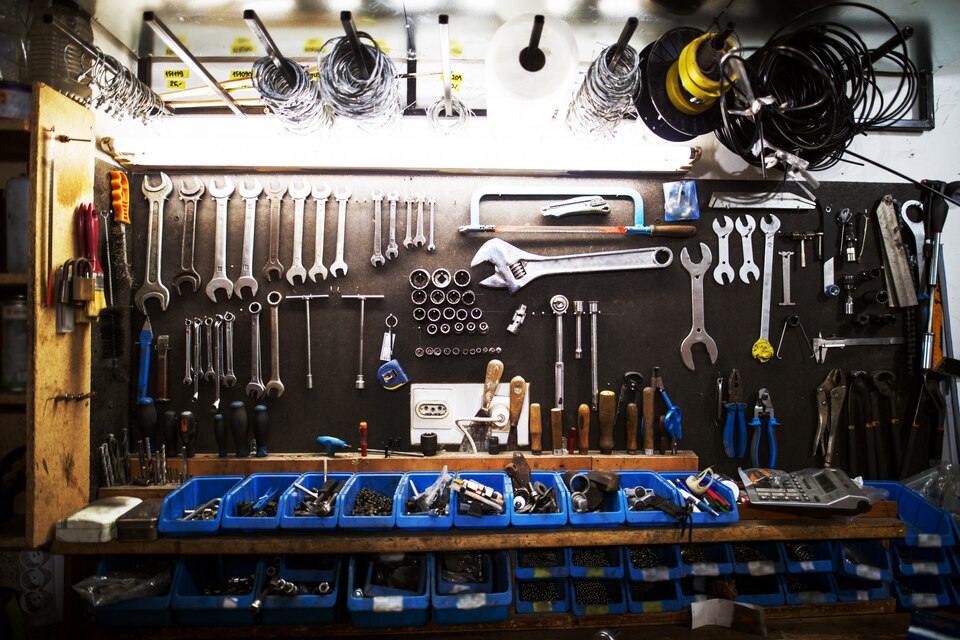
Mechanical
Mechanical equipment refers to machinery, devices, tools, and components powered by mechanical energy to perform specific tasks or functions. These equipment are widely used in various industries, manufacturing processes, construction projects, and mechanical systems to facilitate automation, production, transportation, and other mechanical operations. Mechanical equipment can be categorized into several types based on their function, application, and power source.
Proper maintenance, lubrication, and regular inspection of mechanical equipment are crucial to ensure optimal performance, longevity, and safety. Additionally, training and education for operators, technicians, and maintenance personnel are essential to operate mechanical equipment correctly, efficiently, and safely, and to troubleshoot and resolve mechanical issues effectively.
Electrical
Electrical equipment refers to devices, machines, and components that utilize electrical energy to perform various functions such as generating, transmitting, transforming, distributing, and controlling electrical power and signals. These equipment are essential for powering and operating various systems, appliances, machinery, and electronic devices in industries, buildings, infrastructure, and homes. Electrical equipment can be categorized into several types based on their function, application, and power source.
Proper installation, maintenance, and regular inspection of electrical equipment are crucial to ensure reliability, efficiency, longevity, and safety. Additionally, training and education for electricians, technicians, and maintenance personnel are essential to install, operate, maintain, and troubleshoot electrical equipment correctly, efficiently, and safely, and to comply with electrical codes and regulations.

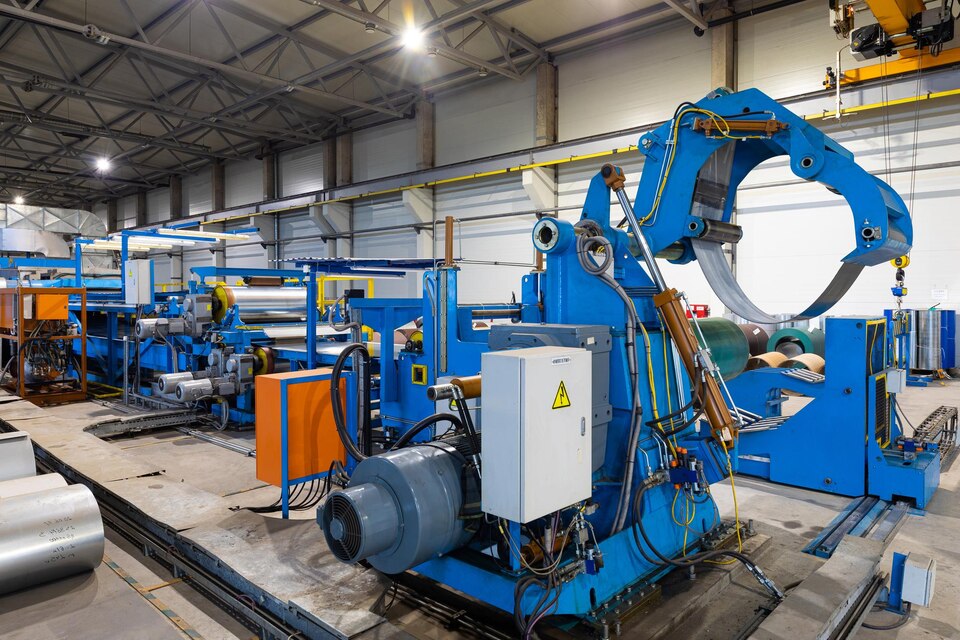
Manufacturing
Manufacturing equipment refers to machinery, tools, and devices used in the production process of goods across various industries. This equipment is typically designed to perform specific tasks or processes efficiently, accurately, and safely. Manufacturing equipment can range from simple hand tools to complex automated machinery, depending on the nature of the manufacturing process and the scale of production.
Manufacturing equipment plays a crucial role in increasing productivity, improving product quality, reducing production costs, and ensuring workplace safety in manufacturing operations. Advances in technology continue to drive innovation in manufacturing equipment, leading to more efficient and sustainable production processes.
Tow Truck
A tow truck, also known as a wrecker, recovery vehicle, or breakdown truck, is a specialized vehicle designed to tow or recover other vehicles that are disabled, improperly parked, or involved in accidents. These vehicles are essential in the automotive industry and are commonly used by towing companies, roadside assistance services, and law enforcement agencies.
In addition to towing services, tow trucks may also offer roadside assistance, vehicle recovery, winching, and other emergency services to help motorists in distress. Properly operating a tow truck requires specialized training and certification, as well as adherence to local regulations and safety standards to ensure the safe and efficient towing of vehicles.


Campers
Campers, also known as recreational vehicles (RVs), motorhomes, or camper vans, are vehicles designed for leisure travel and outdoor camping adventures. They provide a mobile living space equipped with essential amenities to make camping and traveling more comfortable and convenient. Campers come in various sizes, styles, and configurations to suit different preferences and needs.
Campers provide a convenient and comfortable way to travel and explore the great outdoors, allowing travelers to enjoy the comforts of home while on the road. When choosing a camper, it’s important to consider factors such as size, layout, amenities, towing capacity, and budget to find the right fit for your camping lifestyle and travel needs.


